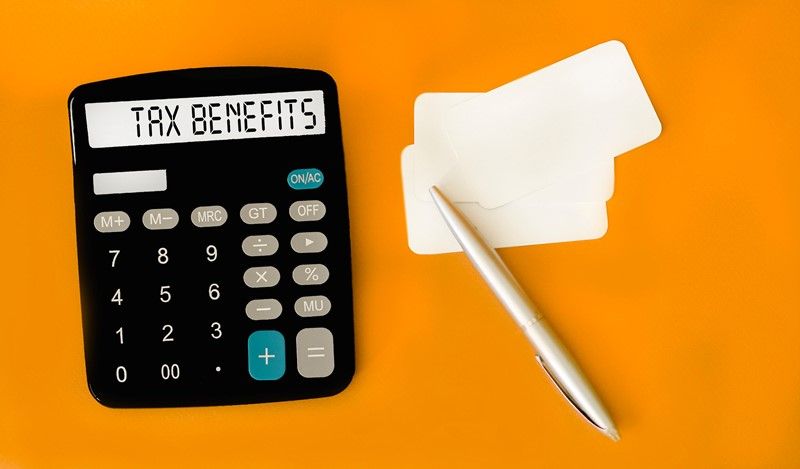Taxable & tax-free state benefits
While there are many state benefits available, it is not always clear which of these are taxable and which are tax-free.
HMRC’s guidance outlines the following list of the most common state benefits which are taxable, subject to the usual limits:
- Bereavement Allowance (previously Widow’s Pension)
- Carer’s Allowance or (in Scotland only) Carer Support Payment
- Contribution-Based Employment and Support Allowance (ESA)
- Incapacity Benefit (from the 29th week you receive it)
- Jobseeker’s Allowance (JSA)
- Pensions Paid by the Industrial Death Benefit Scheme
- The State Pension
- Widowed Parent’s Allowance
The most common state benefits that usually tax-free include the following:
- Attendance Allowance
- Bereavement Support Payment
- Child Benefit (income-based – use the Child Benefit tax calculator to see if you’ll have to pay tax)
- Disability Living Allowance (DLA)
- Free TV Licence for Over-75s
- Guardian’s Allowance
- Housing Benefit
- Income Support – though you may have to pay tax on Income Support if you’re involved in a strike
- Income-Related Employment and Support Allowance (ESA)
- Industrial Injuries Benefit
- Lump-Sum Bereavement Payments
- Maternity Allowance
- Pension Credit
- Personal Independence Payment (PIP)
- Severe Disablement Allowance
- Universal Credit
- War Widow’s Pension
- Winter Fuel Payments and Christmas Bonus




